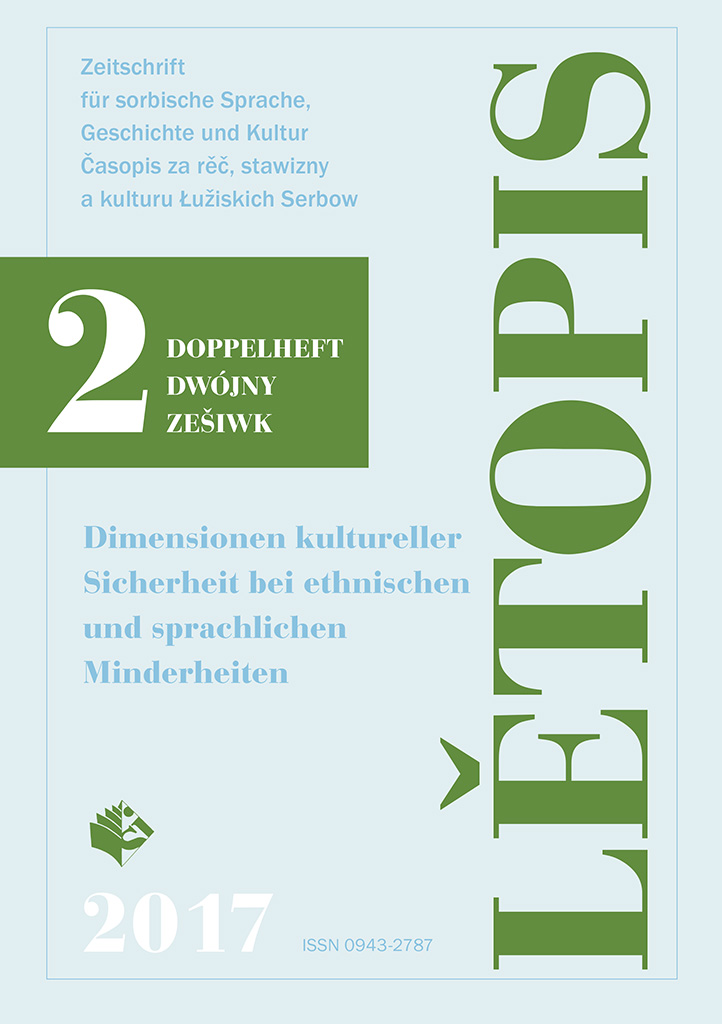Lokal verwaltete Naturschutzgebiete als Strategie zur Revitalisierung indigener politischer Kulturen in Kanada
Locally Governed Nature Reserves as a Strategy for Revitalisation of Indigenous political Cultures – the Case of Masko Cimakanic Aski
Author(s): Laurie Camirand Lemyre, Nicolas HoudeSubject(s): Social Sciences, Conference Report
Published by: Domowina-Verlag GmbH / Ludowe nakładnistwo Domowina
Keywords: Naturschutzgebiet; Revitalisierung; indigen; Kulturen; Kansda; nature reserves; revitalisation; indigenous; cultures; Canada; Masko Cimakanic Aski
Summary/Abstract: Conservation parks and other protected areas have long been part of a colonial arsenal that have dispossessed Indigenous peoples of their lands and imposed visions of natural resource management often incompatible with local cosmovisions. This article proposes that protected areas can also, in a reversal of perspective, be used as a tool for decoloni- sation, to secure land in order to (1) protect the land from extractive industries and (2) allow for a revitalisation of traditional political cultures and resource management prac- tices. Some Canadian First Nations are indeed attempting to put into practice an Indige- nous territoriality with the help of protected areas. There exists, therefore, a dialogue be- tween an approach of radical rejection of colonial structures, such as protected areas, and a pragmatic one mobilising these tools of the colonial society to meet further goals, such as redefining and revitalizing Indigenous political systems. This paper explores the case of the Wemotaci Iriniwok (Québec, Canada), for whom the creation of a protected area allows for a refocusing of the connection to the land towards an endogenous value system, in order to stimulate political innovation. Specifically, the Wemotaci Iriniwok capacity to experiment with political institutions through the management of a protected area is examined.
- Issue Year: 2017
- Issue No: 2
- Page Range: 146-159
- Page Count: 14
- Language: German
- Content File-PDF

